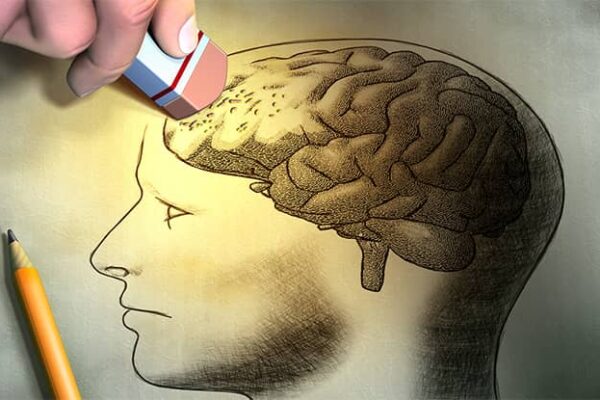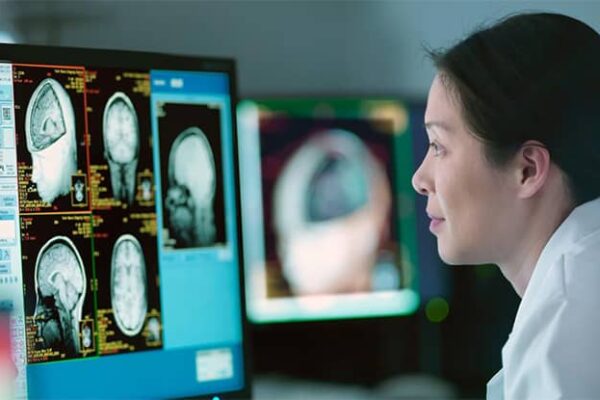Imagine a woman, let’s call her Anna. For the past two years, she has been living in a state of constant tension: alarming news in the morning, nighttime sirens, endless conversations about war at the family dinner table. At first, she managed—she worked, supported her children, even found the strength to comfort her friends. But […]
Psychosomatics without borders: why an integrated approach is needed
In the modern world, where stress has become a constant companion in life, doctors increasingly encounter mysterious cases: patients undergo treatment for years for pain, skin conditions, digestive disorders, or blood pressure fluctuations, but traditional therapy provides only temporary relief. The cause of many such ailments lies not only in physiology but in the subtle […]
Withdrawal syndrome: how to support the body during the period of giving up bad habits
Withdrawal Syndrome is a condition that occurs when a person abruptly stops or reduces the consumption of substances that cause addiction, such as alcohol, nicotine, or drugs. It manifests as the body’s reaction to the absence of a habitual stimulus to which it has adapted.
Amnesia: The Psychological Consequences of Memory Loss
Amnesia is a complex and multifaceted phenomenon that affects not only memory but also a person’s entire life. This term refers to the partial or complete loss of memories, which can be temporary or permanent. Amnesia does not simply erase individual moments from the past—it can alter one’s perception of themselves, the world around them, […]
Sugar Addiction: How to Stop Living for Sweets. Practical Advice from a Psychologist
Sweet treats are more than just a delicious indulgence; for many, they become a real addiction that controls their lives. Who among us hasn’t promised ourselves, “Just one more candy, and that’s it, the last one,” only to reach for another shortly after? Or felt that after a hard day, only a piece of cake […]
Mental Health: Myths and Truths about Psychological Well-Being
We live in an era where stress, anxiety, and emotional burnout have become an integral part of everyday life. However, despite this, many still perceive mental health as something secondary, underestimating its impact on quality of life. Meanwhile, psychological well-being is not just the absence of mental disorders but a crucial aspect of overall health […]
Neurobiology: how the brain controls our lives
Neurobiology is a fascinating science that explores the structure and function of the brain, uncovering the mysteries of how this complex organ governs our lives. Weighing only about 1.5 kilograms, the brain serves as the command center for everything we do, feel, and think. It not only controls our movements and speech but also emotions, […]
Digital Detox: Instructions for Those Who are Tired of the Internet
Digital technologies have become an integral part of our lives, making them more comfortable, faster, and productive. Smartphones, tablets, laptops, and other gadgets provide instant access to information, unlocking limitless opportunities for communication, learning, and work. We can easily stay updated on global news, keep in touch with loved ones even if they live thousands […]
Who is a Neurologist and What does He Treat: How to Distinguish Neurology from Psychiatry
Neurology and psychiatry are two closely related medical specialties that study the brain, the nervous system, and their impact on a person’s overall condition. However, these disciplines have significant differences, which often remain unclear to patients.
Railway Therapy: the Psychological Benefits of Train Travel
For over two centuries, train travel has remained an integral part of human life. It is not just a means of transportation but a unique experience combining comfort, the pleasure of observing passing landscapes, and a touch of romance. Trains possess a distinctive atmosphere that provides a sense of stability while simultaneously embodying forward motion. […]
Dementia: How to Recognize the First Psychological Signs
Dementia is a general term used to describe a group of symptoms associated with persistent cognitive impairments, including memory, thinking, orientation, attention, speech, and decision-making abilities. Unlike the normal age-related decline in mental capabilities, dementia is a pathological condition that significantly impacts daily life. The most common form of dementia is Alzheimer’s disease, though other […]
Emotions On and Around the Screen: the Impact of LED TV Backlighting on the Psyche
LED backlighting for TVs has become an integral part of modern home interiors. It not only enhances the visual perception of the screen but also makes the room cozier. This design element has gained popularity due to its versatility, affordability, and ability to seamlessly integrate into any setting. Users can choose from various lighting modes—ranging […]
Curls of Happiness: how Hair Care Helps to Cope with Stress?
In the fast-paced rhythm of modern life, filled with constant deadlines, informational noise, and high demands, stress levels continue to rise. Many people face stressful situations daily, both at work and in personal life, gradually accumulating tension that impacts physical and mental health. Due to excessive workloads and the constant pursuit of results, there often […]
Water Therapy in a Frame Pool: the Psychology of Relaxation
According to the World Health Organization, over 60% of the population in developed countries suffers from chronic stress, which leads to serious consequences. Therefore, finding effective methods for psychological relief has become critically important for maintaining mental and physical health.
Narcolepsy: Why does the Body “Switch Off” at the Most Unexpected Moments?
Narcolepsy — is a rare neurological disorder characterized by excessive daytime sleepiness and sudden episodes of sleep. Statistically, approximately 1 in 2000 people worldwide suffer from narcolepsy. This condition significantly impacts a person’s quality of life, as sleep attacks can occur at any time, even during important events or while performing dangerous tasks.














